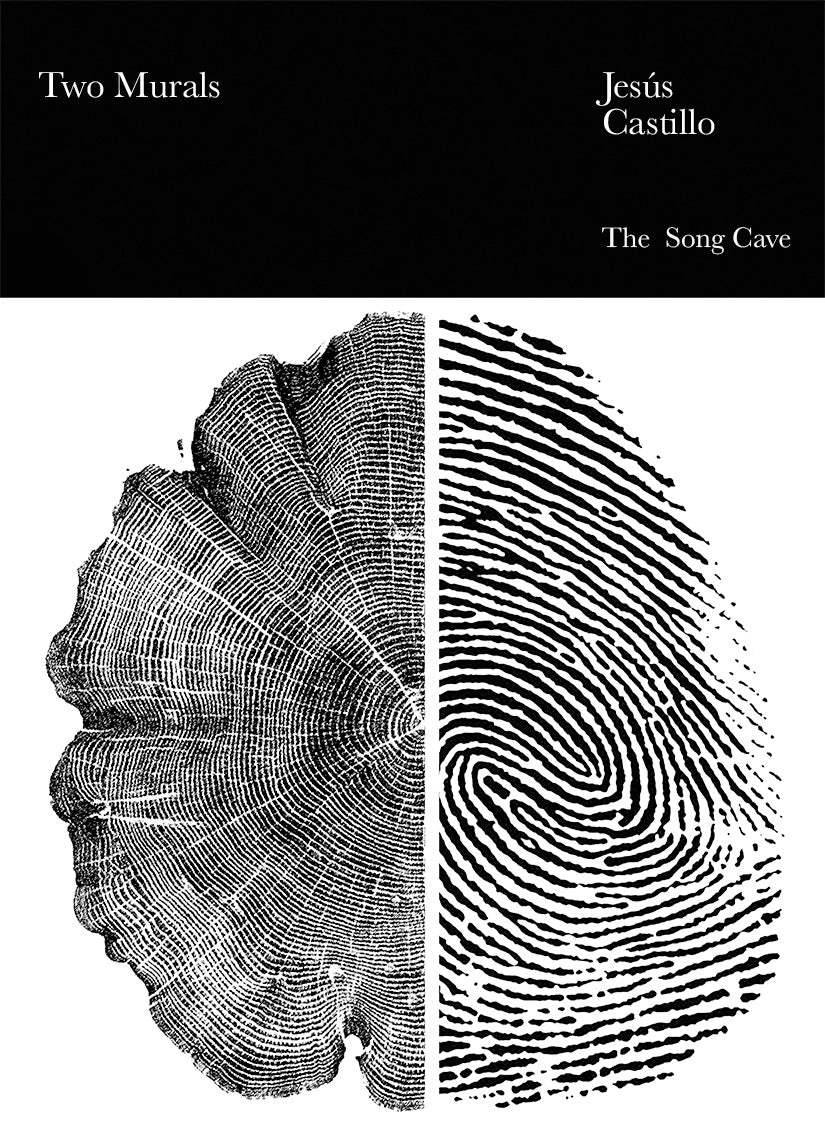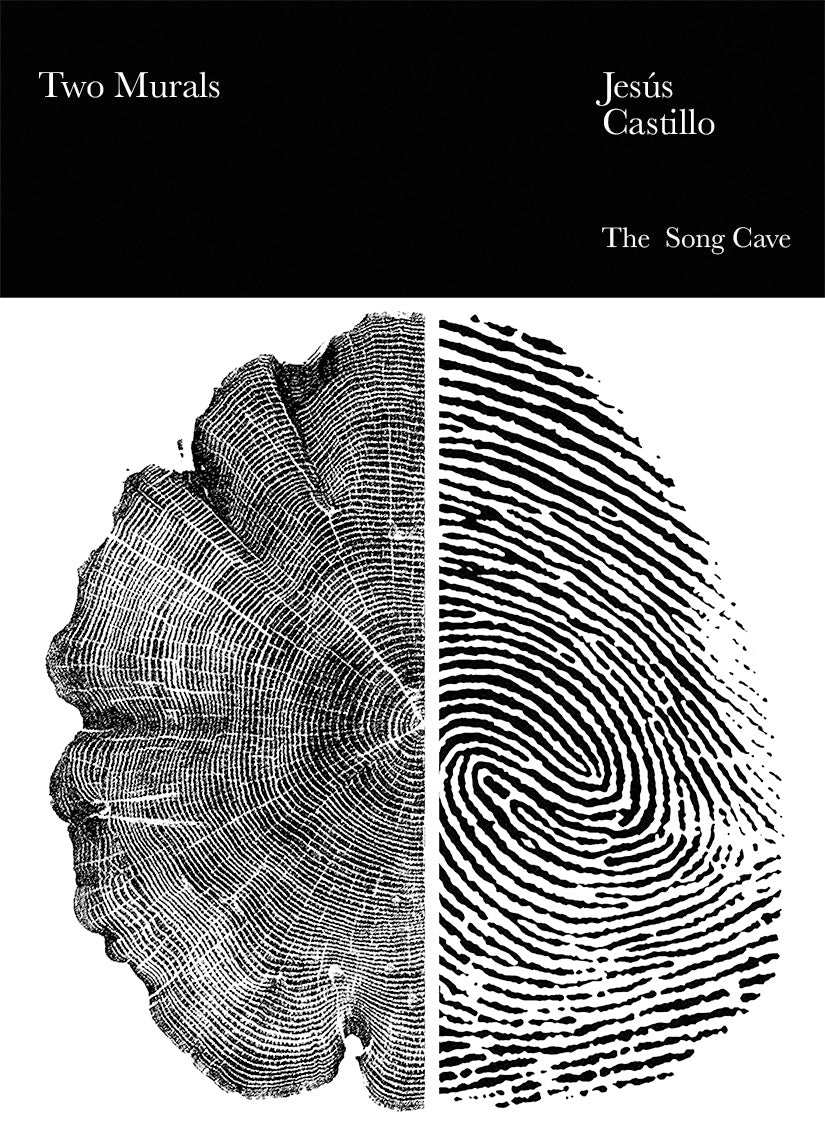Two Murals by Jesús Castillo
Two Murals by Jesús Castillo
Couldn't load pickup availability
For international orders, please visit our distributor, here.
In two long poems, Jesús Castillo’s Two Murals explores love, selfhood, and transformation in a wasteful age. With musicality and memorable images, “Variations on Adonis,” the first sequence, evokes the decline of civilization along with a desire to live. The second poem, “A Mural After Darwish,” is a love letter to a woman, to nature, and to memory. Castillo’s visions span different countries and ages, always questioning and curious. Abundance and destruction intertwine in his consideration of language, life, and death. And despite the traps of the past and the future's uncertainty, the beauty of the landscapes offered by Two Murals makes a case for perseverance.
Jesús Castillo locates the subtle rhymes between bomb and tomb, plastic and arctic, in these two sweeping sequences that resonate with personal, political, geological and geographical histories. "I will call this city a sad marionette," writes Castillo, "And call the continent’s shorelines roving wolves." This book is a gathering inside one heart of many voices and the silences that divide them, a virtuoso performance, spellbinding, funny and profoundly sad. I am reminded of Brecht's haunting question and response: "In the dark times / Will there be singing? / Yes, there will be singing / About the dark times."
— D.A. Powell
Jesús Castillo is the author of the poetry collection Remains (McSweeney's, 2016). He has received fellowships from the University of Iowa, the National Endowment for the Arts, the MacDowell Colony, and the Tasajillo Writers' Residency. His poems have appeared in the Boston Review, the Academy of American Poets' Poem-a-Day Series, the Porter House Review, and other publications. He lives in Oaxaca, Mexico.

